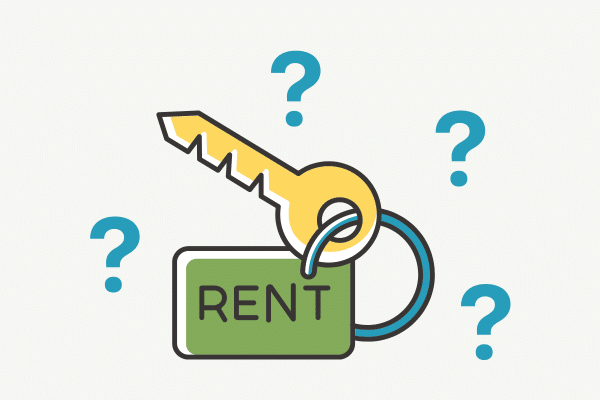Featured Pages
Rental income and expenses – Real estate tax tips
Many taxpayers, from short-term vacation hosts to long-term landlords, often wonder how to handle the income from renting their home or investment property.
Vacation Home Rental Property: Income Tax Rules for 2024
These rental tax rules include some interesting twists that you should know about before you begin renting. While some individuals prefer never to rent out their vacation homes, others find such rentals to be a helpful way of covering the property taxes and other costs of the home.
What Real Estate Investors Need to Know in 2024: Smart Moves for Your Property Investments
Real estate investing can enhance the risk-and-return profile of your portfolio, offering competitive returns. But let’s be honest—without proper guidance, navigating property investments can feel like you’re wandering in the dark. Don’t worry, though. We’ve got your back with some practical tips and insights to keep you on track in 2024.
Is My Rental Property Considered a Business?
Several IRS factors determine whether you can claim your rental property as a Schedule C business or a Schedule E. The primary factor is whether you’re providing substantial services to your rental guests regularly.
Top 4 Rental Property Questions Answered
Here are four key questions (and answers) to help you make smart, well-informed decisions about your rental properties, ensuring your real estate investment pays off.
Short-Term Rentals and Taxes Explained in 2024
In some situations, the rental income may be tax-free. In other situations, your rental income and expenses may need to be treated as a business, as opposed to a rental activity.
Rental Property Tax Deductions for Landlords
Many of our clients own rental properties, whether as their main business or part of a diverse entrepreneurial portfolio. At Insogna CPA, we specialize in helping property owners maximize their rental property tax deductions and reduce tax burdens with strategies that work.







